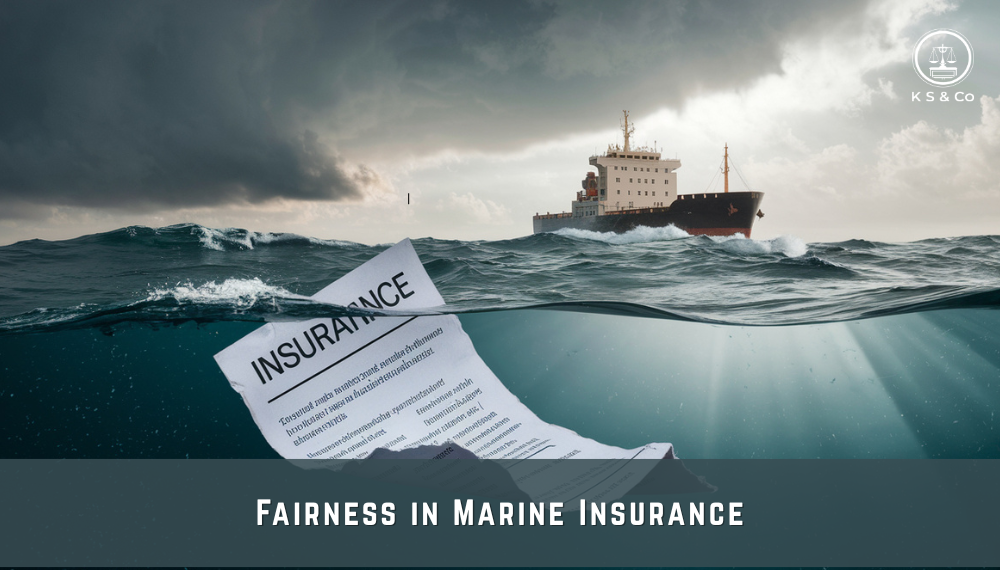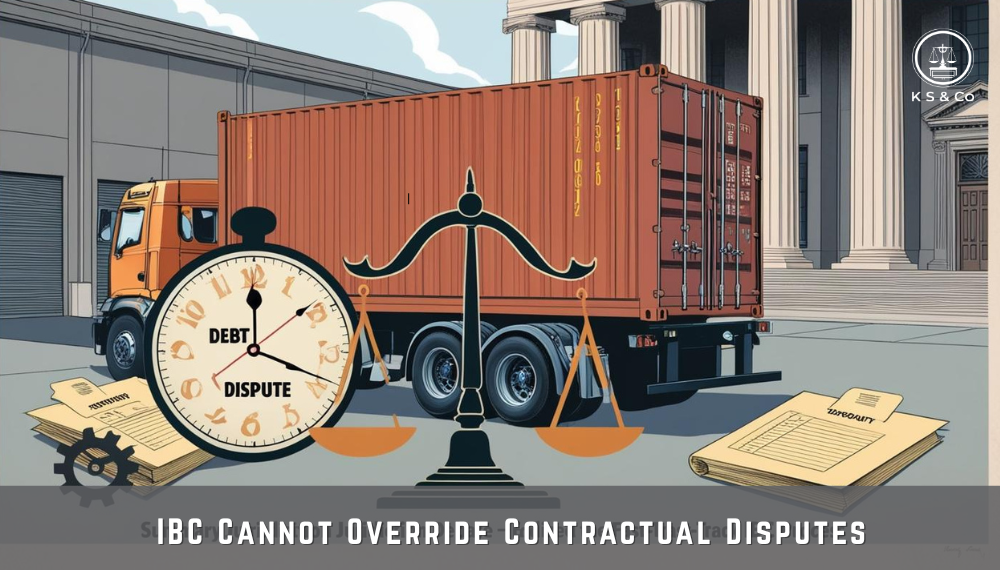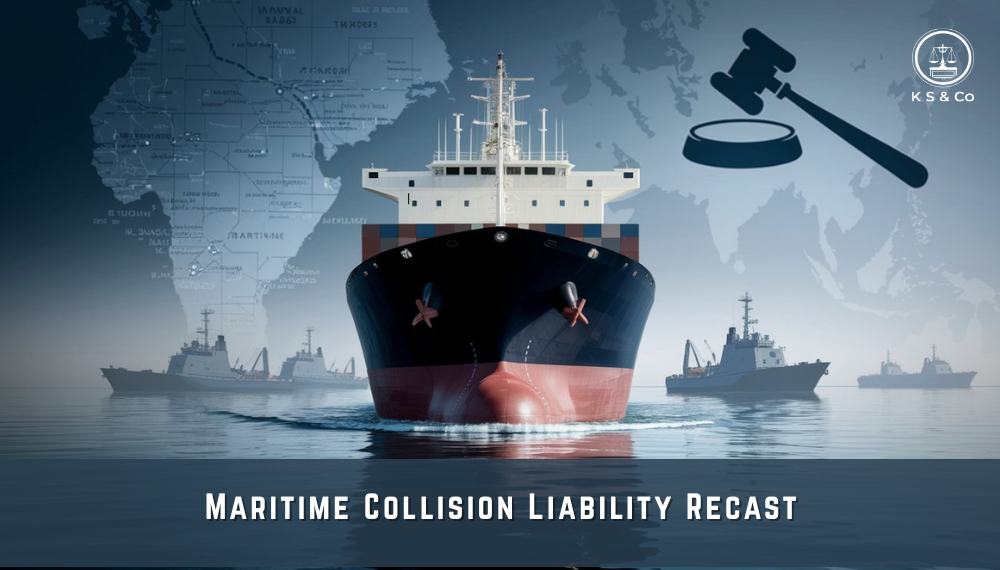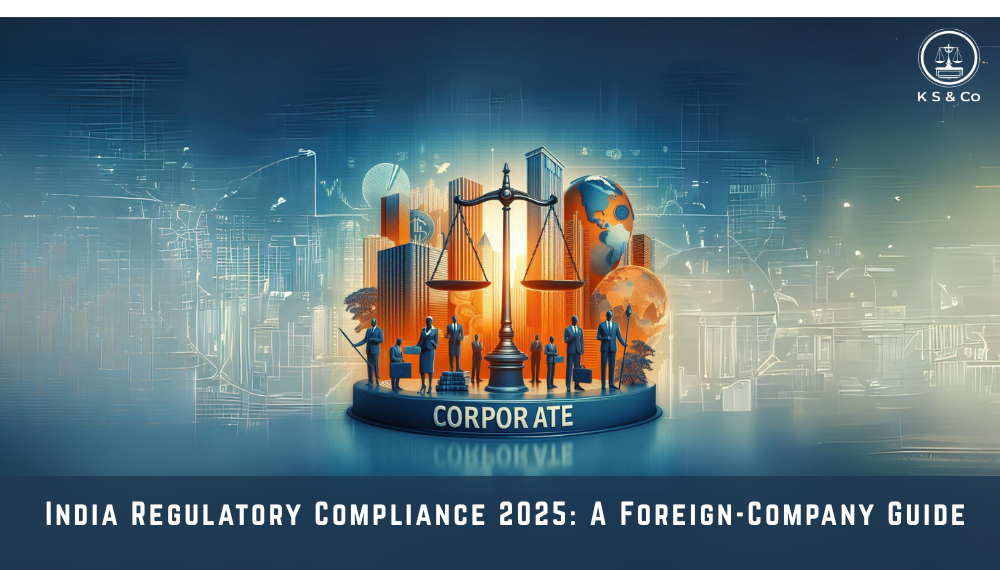Maritime law, traditionally rooted in international customs and conventions, has evolved significantly in India to accommodate the growing complexity of global trade, shipping operations, and port infrastructure. As a nation with a coastline exceeding 7,500 kilometers and a pivotal position in international sea routes, India’s maritime activity is both vast and critical to its economy. Consequently, maritime law in India has grown beyond basic admiralty principles to encompass modern legal issues such as marine insurance, multimodal transport, limitation of liability, charter party disputes, ship arrest procedures, and port-related claims.
The nature of maritime disputes in India typically includes claims for freight and demurrage, vessel collisions, damage to cargo, disputes under charter party agreements, and enforcement of foreign arbitral awards. Additionally, with the rise of global shipping operations, cross-border disputes involving foreign parties have become more frequent. These are often resolved through a mix of international arbitration—frequently seated in jurisdictions like London or Singapore—and litigation before Indian High Courts that exercise admiralty jurisdiction.
Indian judiciary, especially High Courts of Bombay, Madras, Calcutta and Gujarat, has dealt with complex maritime matters. Courts have shown willingness to apply international conventions, recognize foreign judgments and arbitral awards, and interpret shipping contracts in light of commercial realities. This judicial responsiveness has enhanced India’s image as a viable forum for maritime dispute resolution and reaffirmed its commitment to harmonizing domestic maritime law with international law standards.
This newsletter serves as a compilation of cases, where the Indian judiciary’s stand can be clearly observed on various issues and their abidance to the international convention is reflected. This promotes, the aim of India to work towards the collective goal of becoming a hub for international trade and business and enhancing ease of doing business in India.
India Reaffirms Global Maritime Norms: Bombay HC Upholds Shipowner’s Right to Limit Liability
Case Name:
M/s MV Nordlake GmbH v. Union of India
Citation: Comm. Admiralty Suit No.14 of 2014
Date of judgement: 17th February 2023
Forum: Bombay High Court
Ruling: Liability of a vessel owner for an accident can be limited at the interim stage before the completion of the trial
Facts:
On January 30, 2011, the merchant vessel MV Nordlake collided with the Indian Naval Ship (INS) Vindhyagiri in Mumbai Port’s navigational channel, leading to significant damage and the eventual sinking of INS Vindhyagiri. The Union of India, representing the Indian Navy, filed a suit seeking damages of approximately ₹1,397 crore. In response, MV Nordlake GmbH, the German owner of MV Nordlake, sought to limit its liability under Part XA of the Merchant Shipping Act, 1958, proposing the constitution of a limitation fund equivalent to 2,789,234 Special Drawing Rights (SDR).
Issues:
- Whether MV Nordlake GmbH is entitled to limit its liability under the Merchant Shipping Act, 1958.
- Determination of the quantum of liability and the applicability of international conventions, specifically the LLMC 1976 and its 1996 Protocol.
Judgment:
The Hon’ble Bombay High Court ruled in favor of MV Nordlake GmbH, granting the shipowner the right to limit its liability. A few key points from the judgment include:
- Absolute Right to Limit Liability: The court observed that, following the 2002 amendment to the Merchant Shipping Act, 1958, the shipowner’s right to limit liability became absolute, without exceptions for actual fault or privity.
- Applicability to Naval Warships: The court determined that the provisions of Part XA of the Merchant Shipping Act, 1958, which deal with the limitation of liability, do not exclude incidents involving naval warships.
- Quantum of Liability: The court held that the quantum of limited liability should be calculated based on the LLMC 1976 provisions, as the 1996 Protocol was not in force in India at the time of the collision. Consequently, the liability was limited to 2,789,234 SDR, approximately ₹30 crores.
K S & Co Comments:
This judgment underscores the Indian judiciary’s adherence to international maritime conventions and the domestic legislative framework governing maritime incidents. By affirming the shipowner’s right to limit liability, the court reinforces the principle of providing shipowners with a degree of financial predictability and protection, which is vital for the stability of international maritime commerce. The decision also highlights the importance of aligning domestic maritime laws with international standards to ensure consistency and fairness in adjudicating maritime disputes. The Bombay High Court has interpreted the provisions of the Merchant Shipping Act (MSA), emphasizing that the judiciary cannot override legislation, especially when the statute explicitly omits provisions for breaking the limitation of liability. Consequently, the right to limit liability is deemed absolute. Regarding the applicability of the 1976 Convention or the 1996 Protocol, the pertinent date is the occurrence of the incident, not the date when the application to constitute a limitation fund is filed.
Impossible Clauses Cannot Void Coverage: Supreme Court Shields Shipping Firm from Unfair Insurance Terms

Case name:
Sohom Shipping Pvt. Ltd. v. The New India Assurance Co. Ltd. & Anr.
Citation: C.A. NO. 2323 of 2021; 2025 LiveLaw (SC) 403
Date of Judgement: 07.04.2025
Forum: Supreme Court (Reportable)
Ruling: An insurance company cannot reject a claim on the grounds of breach of a condition in the contract that was impossible to fulfill.
Facts:
Sohom Shipping Pvt. Ltd. insured its barge for a voyage from Mumbai to Kolkata under a policy issued by New India Assurance Co. Ltd., effective from May 16 to June 15, 2013. The policy included a clause stating the voyage should “commence & complete before monsoon sets in”. The barge departed on June 6, 2013, after the monsoon had begun in Kerala on June 1. During the voyage, the barge suffered engine failure, ran aground, and was declared a total loss. The insurer rejected the claim, citing breach of the ‘monsoon clause’.
Issues:
- Whether the insurer could deny the claim based on the monsoon clause, given the voyage’s timing.
- Whether the monsoon clause was a reasonable and enforceable condition.
Judgment: The Supreme Court, comprising Justices B.V. Nagarathna and Satish Chandra Sharma, ruled in favor of the insured. The Court held that the monsoon clause was impossible to comply with, as the policy period overlapped with the monsoon season. Therefore, enforcing such a condition would defeat the purpose of the insurance. The Court emphasized that an insurer cannot rely on an impossible condition to repudiate a claim. Consequently, the appeal was allowed, and the case was remanded to the NCDRC to determine the compensation amount.
K S & Co Comments:
This judgment underscores the principle that insurance companies cannot impose or enforce policy conditions that are impossible to fulfill. It highlights the necessity for insurers to draft clear and feasible terms, ensuring that policyholders are not unfairly denied coverage due to impractical clauses.
Demurrage Disputes & IBC: NCLAT Says Insolvency Is Not a Shortcut for Debt Recovery

Case Name:
LCL Logistix India Pvt Ltd vs Waaree Energies Ltd
Case No.: Company Appeal (AT) (Insolvency) No. 698 of 2020
Judgment Date: 26th August 2020
Forum: National Company Law Appellate Tribunal (NCLAT), New Delhi
Ruling: Resolving issues related to detention charges required extensive evidence beyond the scope of summary jurisdiction under Insolvency Bankruptcy Code proceedings
Facts
The case involves LCL Logistix India Pvt. Ltd. (‘Appellant/Operational Creditor’) and Waaree Energies Ltd. (‘Respondent/Corporate Debtor’). The Appellant is engaged in freight forwarding, warehousing, and distribution services, while the Respondent operates in manufacturing and trading of solar photovoltaic modules. Under a service agreement, the Respondent was obligated to destuff import consignments and return empty containers within ‘Free Period’ to avoid incurring detention and demurrage charges. The Respondent failed to empty the containers within the ‘Free period’ and thereby the detention and demurrage charges started to accumulate on daily basis. The Appellant therefore had to claim ₹1,50,97,439/- as principal dues for demurrage charges and ₹25,94,012.65 as interest at 24% per annum, amounting to a total of ₹1,76,91,452.70.
Despite invoices being timely raised and served upon the Respondent without any protest from the Respondent, they failed to make payments. Therefore, a demand notice was issued on September 5, 2018, but the Respondent replied on September 14, 2018, denying liability. Prior to this notice, on March 9, 2018, the Respondent had raised disputes regarding demurrage charges. The Appellant subsequently filed an application under Section 9 of the Insolvency & Bankruptcy Code (IBC), 2016, which was rejected by the Adjudicating Authority citing pre-existing disputes.
Issues
- Whether the outstanding amount claimed by the Operational Creditor constitutes an operational debt under the IBC;
- Whether there was a pre-existing dispute raised by the Corporate Debtor prior to the issuance of the demand notice; and
- Whether the Adjudicating Authority can decide on matters requiring extensive evidence under its summary jurisdiction.
Judgment
The National Company Law Appellate Tribunal (NCLAT) upheld the decision of the Adjudicating Authority rejecting the application filed under Section 9 of IBC due to pre-existing disputes between the parties. The Tribunal found that resolving issues related to detention charges required extensive evidence beyond the scope of summary jurisdiction under IBC proceedings. It concluded that the dispute raised by the Corporate Debtor was neither spurious nor illusory. The Tribunal referred to the Supreme Court’s judgment in Mobilox Innovations Pvt Ltd v. Kirusa Software Pvt Ltd, which established that applications under Section 9 must be rejected if there is a plausible contention regarding a dispute requiring further investigation. Consequently, NCLAT dismissed the appeal at its threshold.
K S & Co Comments
This NCLAT judgment highlights the complexities surrounding the classification of demurrage and detention charges as operational debts under the IBC. The Tribunal emphasized that the existence of a genuine dispute regarding the payment of these charges precluded the initiation of insolvency proceedings. This case highlights the necessity for clear contractual terms and the importance of resolving disputes through appropriate legal channels before resorting to insolvency mechanisms. It also serves as a cautionary tale for logistics service providers to ensure meticulous documentation and proactive communication with clients to mitigate potential disputes over ancillary charges. The judgment reinforces the principle that the IBC is not a tool for debt recovery in the face of bona fide disputes, thereby preserving its integrity as a resolution framework.
Conclusion:
These recent judicial decisions underscore the evolving landscape of Indian maritime and commercial law, emphasizing a pragmatic and equitable approach. The Bombay High Court’s decision of limiting the liability in maritime collisions, the Supreme Court’s stance against enforcing impractical insurance conditions, and the NCLAT’s recognition of the complexities surrounding demurrage claims collectively highlight the judiciary’s commitment to balancing contractual obligations with real-world challenges. These rulings not only provide clarity on jurisdictional and contractual nuances but also reinforce the importance of fair and reasonable interpretations in commercial disputes, setting significant precedents for future litigation in these domains.






